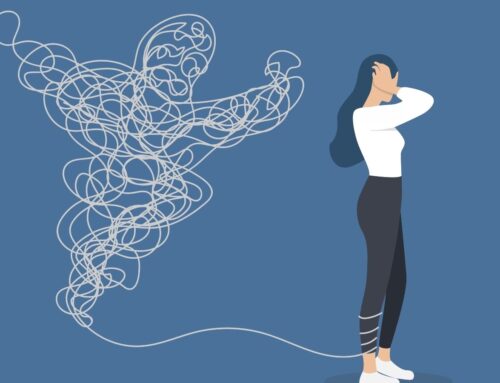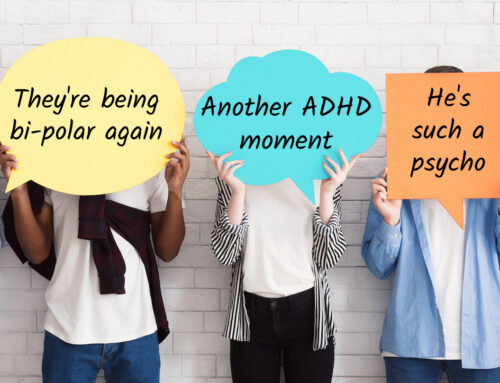About 18 million Americans currently care for family members who are 65 and older and suffering from serious and chronic illnesses. By 2050, researchers predict that these numbers will rise even higher – to 30 million – as the number of older adults who are most likely to need intensive support increases. The authors of an article recently published in Monitor on Psychology argue that these caregivers need more recognition and support to fulfill these responsibilities while at the same time maintaining their own health and well-being. Although caring for a loved one can be very fulfilling, it comes with high levels of responsibility and little support, and researchers have found that caregivers are at risk of psychological and physical problems. Specifically, these caregivers are more likely to struggle with depression, anxiety, social isolation, and chronic disease (National Alliance for Caregiving, 2016). In a survey including 1600 caregivers, more than 70 percent reported high levels of emotional stress, while 40 percent reported difficulty taking care of their own health.
The authors argued that it is important for caregivers to recognize that they are not alone and that there are services available to help them. For example, finding support from other caregivers in similar situations is crucial, because you can learn from one another and share experiences. In our next blog posting, we will follow up with more specific, research-based tips to help improve the well being of those of us in caregiving roles.
References and Resources:
AARP Meditations for Caregivers: Practical, Emotional, and Spiritual Support for You and Your Family
Caregiver Family Therapy: Empowering Families to Meet the Challenges of Aging





